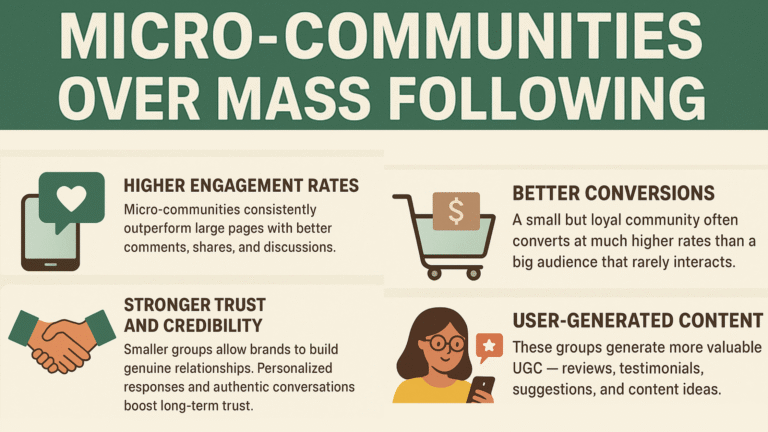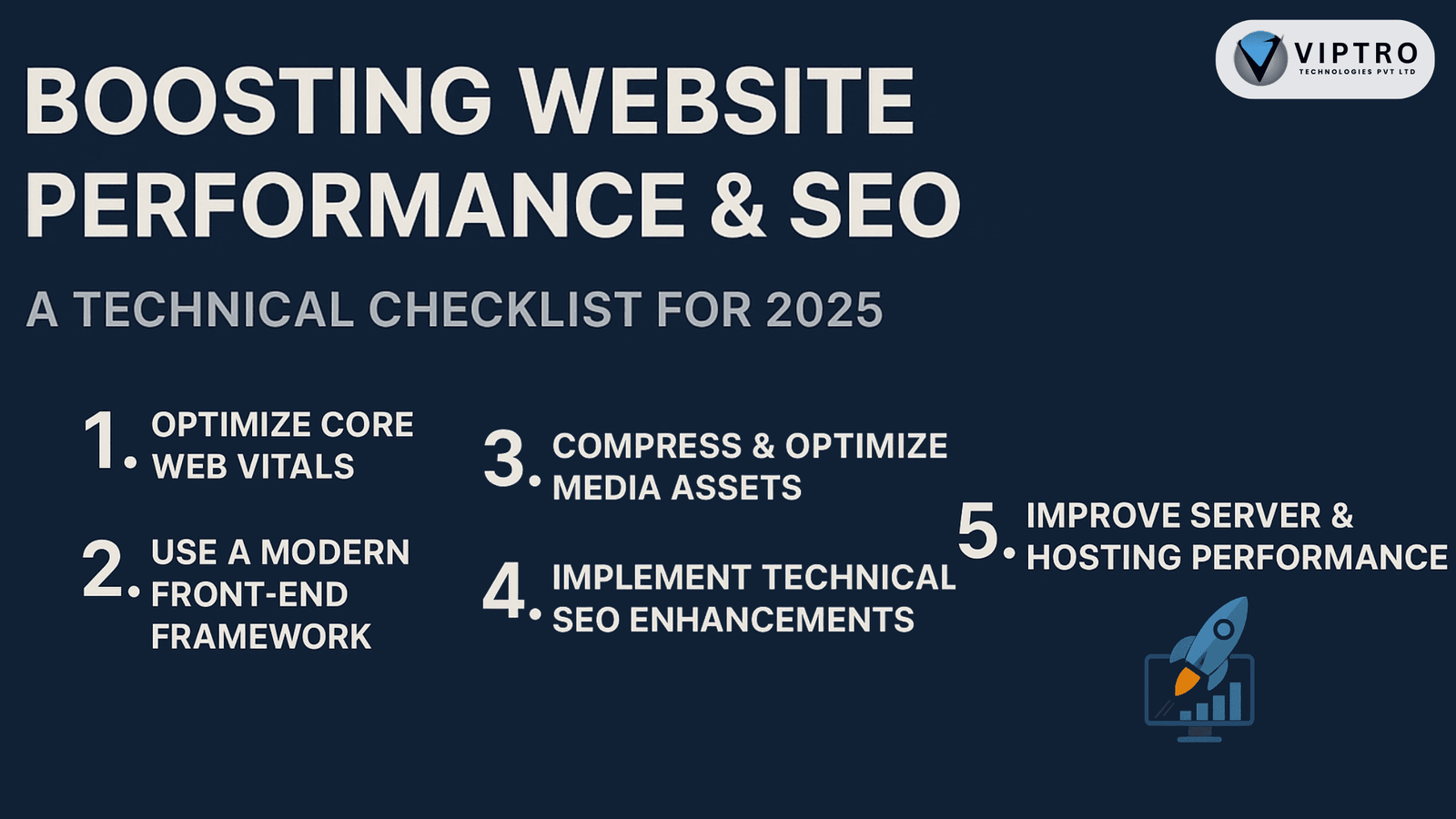AI SEO: In today’s digital-first economy, visibility is everything. With millions of websites competing for user attention, the difference between page one and page two on Google can define your business trajectory. Search Engine Optimization (SEO) has long been the cornerstone of digital strategy. But as artificial intelligence (AI) redefines every aspect of how we interact with technology, a new era is emerging — AI SEO.
Whether you’re a business owner, digital marketer, or SEO professional, understanding AI SEO is no longer optional; it’s essential. In this article, we’ll explore what AI SEO is, the tools driving its rise, and how it’s transforming the way we approach search marketing.
Understanding AI SEO: The Intersection of Intelligence and Optimization
AI SEO refers to the use of artificial intelligence technologies to improve, automate, and scale search engine optimization. Unlike traditional SEO, which relies heavily on manual research and human intuition, AI SEO uses machine learning, natural language processing (NLP), and data modeling to understand patterns, forecast trends, and optimize content in real time.
The Evolution of SEO
To appreciate AI SEO’s impact, it helps to trace SEO’s evolution:
- 2000s: Keyword stuffing and backlink quantity reigned supreme.
- 2010s: Google’s algorithm updates (Panda, Penguin, Hummingbird) emphasized quality, relevance, and user experience.
- 2020s: Enter AI. With tools like BERT, MUM, and RankBrain, Google’s algorithms now “understand” search intent more like a human would.
As Google gets smarter, so must our optimization efforts. That’s where AI SEO comes in — not to replace SEO professionals, but to enhance what we can do.
Why AI is Reshaping SEO
AI is transforming SEO on multiple levels:
1. Content Creation and Optimization
AI-driven tools can now analyze top-performing content, identify gaps, and suggest topics or even write outlines. But that’s just the beginning. AI SEO goes further, scoring your content based on readability, structure, keyword density, and semantic richness — all factors that impact ranking.
2. Search Intent Matching
Google isn’t ranking based on keywords alone anymore. It’s about search intent. AI helps decipher whether a query is informational, transactional, or navigational — and recommends content strategies that align accordingly.
3. Real-Time Data Analysis
Traditional SEO audits take days or weeks. AI-powered tools can scan your site, flag issues, and offer solutions in real-time. That agility can give your content a competitive edge before your competitors have even started.
4. Predictive Analytics
Imagine knowing which keywords will trend next month or which content is likely to drop in ranking. Predictive SEO, powered by AI, is now possible — enabling proactive strategy rather than reactive fixes.
Top AI SEO Tools to Know in 2025

The tools below are empowering marketers, businesses, and agencies to implement AI SEO effectively:
1. Surfer SEO
Surfer is a popular content intelligence tool that uses AI to help optimize on-page SEO. It analyzes hundreds of ranking factors across competitors and gives real-time recommendations for headings, word count, keyword usage, and internal linking.
Key Features:
- SERP analyzer
- Content editor with NLP
- AI-generated content outlines
- Audit tool for existing pages
2. Frase
Frase is built for content marketers aiming to answer user questions better than competitors. It uses AI to extract top-ranking questions, generate briefs, and structure content accordingly.
Best For: Content ideation, optimization, and FAQ-rich content.
3. Clearscope
Trusted by enterprises and agencies, Clearscope provides detailed content reports that help ensure your copy is semantically rich and aligned with what Google considers “topical authority.”
Why It Matters: Clearscope focuses on user-focused content, aligning with Google’s EEAT principles.
4. MarketMuse
MarketMuse takes a long-term, strategic approach to content planning. It uses AI to map out topic clusters, identify content gaps, and suggest updates across your entire domain.
Ideal For: High-volume publishers or companies building authority in a niche.
5. Alli AI
Alli AI focuses on technical SEO automation. It allows users to implement code changes directly into websites without developer support, streamlining technical optimization at scale.
Features Include:
- On-page SEO automation
- Keyword insertion tools
- Meta tag optimization
How AI SEO Enhances EEAT
Google’s focus on Experience, Expertise, Authoritativeness, and Trustworthiness (EEAT) has made it more important than ever to create content that not only ranks — but resonates. AI SEO tools support EEAT in the following ways:
Experience
AI can help analyze user engagement metrics (bounce rate, time on page, dwell time) to refine content based on what real users prefer. Tools like Hotjar, in conjunction with AI SEO platforms, can give insights into user behavior.
Expertise
AI content tools ensure you’re not just stuffing keywords, but using industry-relevant language and references. Tools like MarketMuse or Clearscope help ensure your content demonstrates depth and domain authority.
Authoritativeness
AI supports backlink analysis and outreach by identifying authoritative domains within your niche. Tools like SEMrush and Ahrefs use AI for smarter link building strategies.
Trustworthiness
AI helps ensure accuracy and coherence in content — flagging outdated data, broken links, or factual inconsistencies. Combined with manual editorial oversight, it ensures your content remains reliable.
Challenges and Limitations of AI SEO
While AI SEO presents massive advantages, it’s important to approach it with balanced expectations.
1. Not a Replacement for Strategy
AI tools enhance decision-making — but they don’t set business goals. You still need a clear brand voice, value proposition, and audience understanding.
2. Content Originality Concerns
Over-relying on AI-generated content risks producing generic articles. Without a human touch, your brand voice may fade — and Google is actively working to penalize low-value, AI-spun content.
3. Data Dependency
AI tools rely on existing data sets. They can’t “innovate” in the human sense. If your niche is emerging or underrepresented online, AI may struggle to offer meaningful recommendations.
Best Practices for Implementing AI SEO in 2025
To stay ahead of the curve while preserving content quality and user trust, follow these guidelines:
- Blend AI with Human Insight: Use AI to enhance your work, not replace it. A human editor should always refine AI-generated drafts.
- Focus on Topic Clusters: Build authority through deep, interlinked content hubs — a strategy AI tools can help scale efficiently.
- Update Existing Content: Use AI to audit and refresh older blog posts, ensuring they reflect the latest data and ranking factors.
- Monitor Analytics: AI SEO is powerful, but results should always be tied back to real performance metrics like conversions, dwell time, and lead quality.
Final Thoughts=
AI SEO isn’t a trend — it’s a transformation. As search engines become more intelligent, so must we. For digital marketers, content creators, and SEO professionals, embracing these tools is no longer a luxury — it’s a strategic imperative.
But remember: tools don’t create authority — people do. Use AI to empower your expertise, not replace it. With the right strategy, balance, and intent, this tool can be your most powerful ally in reaching the top of the SERPs — and staying there.





2 thoughts on “What is AI SEO and AI SEO Tools? A Deep Dive into the Future of Search ”
For someone who’s just stepping into this subject area, your post was incredibly helpful. Your clear explanations, free of dense jargon, made it so much easier to grasp the fundamentals.
Good post! We will be linking to this particularly great post on our site. Keep up the great writing